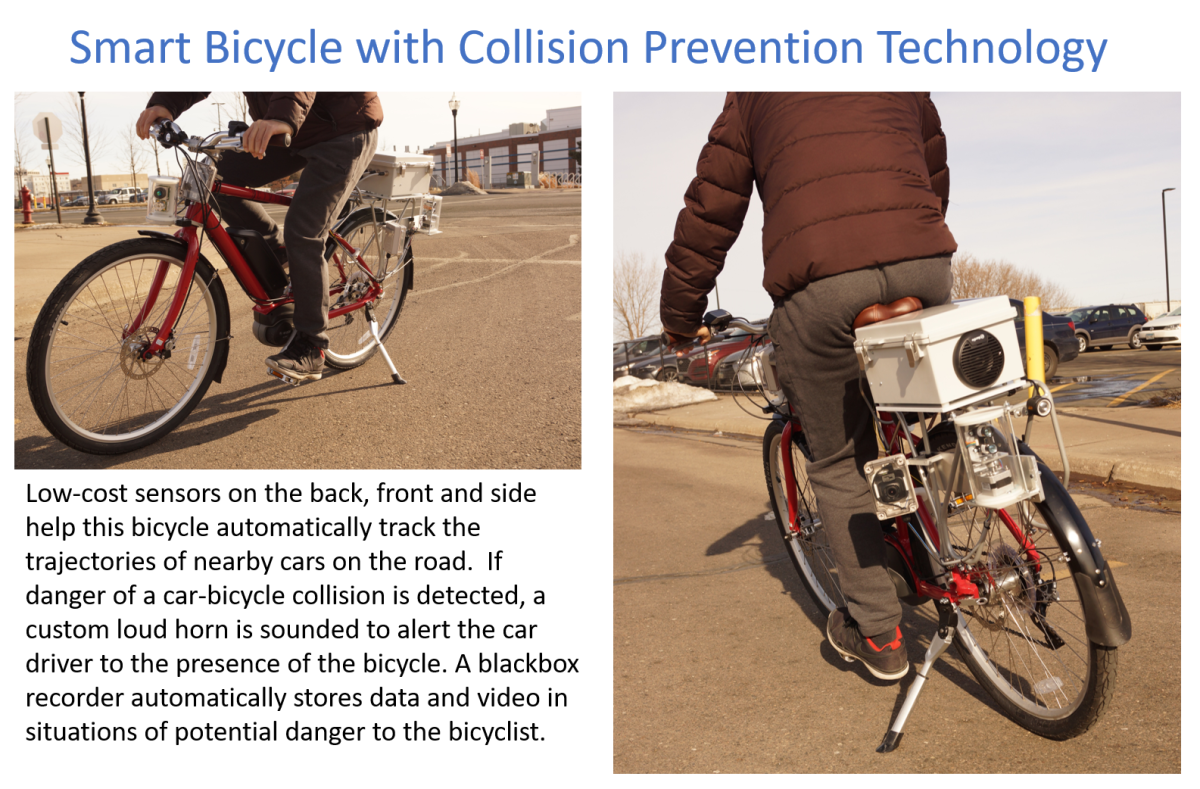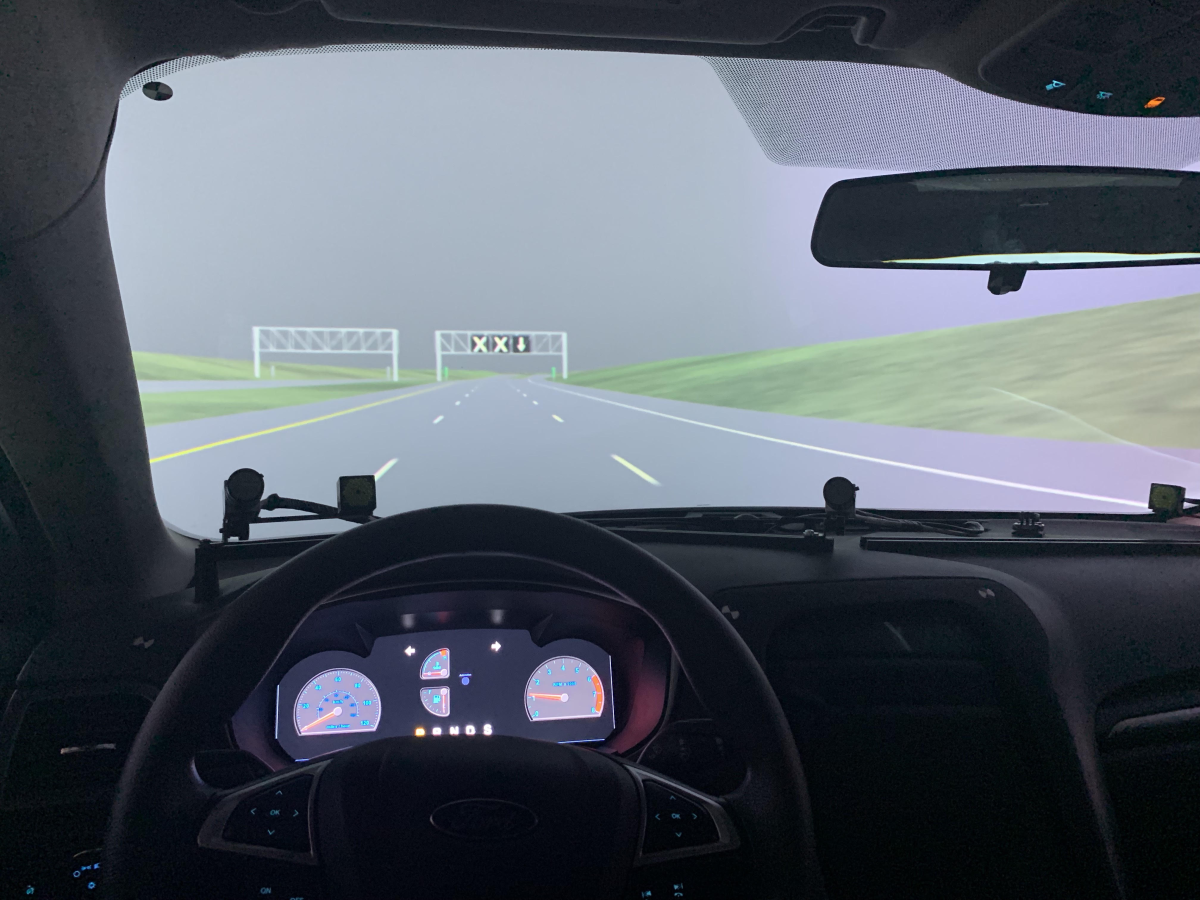Sensing & Controls
As technology becomes increasingly autonomous, sensing and controls become increasingly essential.
Faculty in mechanical engineering are significantly engaged in research on the development of smart and autonomous systems that utilize novel sensors, model-based estimation, feedback control and mechatronic system integration. Analytical areas of research in control systems in the department include observer design for nonlinear dynamic systems, control of nonlinear systems, passivity, stochastic estimation, disturbance rejection and repetitive control. Major application areas include:
- Intelligent and autonomous vehicles
- Control of fluid power systems
- Surgical robotics
- Hybrid automotive powertrains
- Human factors and human assist machines
- Neuro-engineering
- Wearable health monitoring systems
Now is an exciting time to become a part of this growing field. As automation, instrumentation, feedback and autonomous monitoring continue to increase every day all around us, sensing and controls will play an increasingly important role in the modern world. Automation and automated monitoring can help:
- Make road travel safer, faster and autonomous.
- Monitor elderly subjects at home using wearable sensors that automatically recognize and assist in their daily activities.
- Make surgery safer and less invasive by using smart tools, custom surgical robots and virtual simulation environments for training surgeons.
- Understand brain function by developing technologies to study neural signals and brain regions at multiple scales.
- Develop key enabling technologies for clean, efficient and multi-fuel automotive powertrains, and for various advanced hybrid vehicle concepts.
- Address the technical barriers associated with increasing the energy efficiency, compactness and effectiveness of fluid power systems.
Faculty in the department conduct sponsored research in all of the above application areas.

Take a look around our labs.
Biosensing and Biorobotics Lab
Human/Machine Design Lab
